The World Bank (WB) predicts that Vietnam will have the strongest growth among emerging economies in Southeast Asia.
 |
| Vietnam needs to continue to increase investment in infrastructure development and prioritize reducing carbon emissions. (Source: Vietnam Insider) |
Specifically, the World Bank forecasts that Vietnam's economic growth is expected to reach 6.1% by the end of 2024 and 6.5% in 2025. Both of these levels are higher than the agency's April 2024 estimate.
Forecasts show that Vietnam could have greater growth by 2025 than other emerging economies such as Thailand, Cambodia, Malaysia, Indonesia and the Philippines.
According to the Ministry of Planning and Investment, the Gross Domestic Product (GDP) in the third quarter of 2024 is estimated to increase by 7.4% over the same period last year. In the first 9 months of the year, GDP growth reached 6.82%; of which, the agriculture, forestry and fishery sector increased by 3.2%, the industry and construction sector increased by 8.19%, and the service sector increased by 6.95%.
High growth in import and export of goods and foreign direct investment were the bright spots. In the first 9 months, total import and export turnover reached 578.47 billion USD, up 16.3% over the same period; of which export increased by 15.4%, import increased by 17.3%, trade surplus reached nearly 20.79 billion USD.
During this period, Vietnam attracted 24.78 billion USD in investment capital, an increase of 11.6% over the same period in 2023. Of which, the realized investment capital of the FDI sector in the first 9 months is estimated to increase by 10.7% over the same period and much higher than the increase of 3.9% in the same period in 2023.
Driving force for growth
"Vietnam is a development success story" is the first statement of the World Bank on its Vietnam page released earlier this year. Specifically, the World Bank believes that economic reforms since 1986 combined with favorable global trends have quickly helped Vietnam develop from one of the poorest countries in the world to a lower middle-income country.
With the development developments of Vietnam, WB assessed: "Vietnam is currently one of the most dynamic countries in East Asia Pacific".
DW said that Vietnam - like other Southeast Asian countries - depends heavily on foreign direct investment (FDI).
According to the ASEAN Investment Report 2024, from 2021 to 2023, FDI inflows into Vietnam, Thailand, Indonesia, Malaysia, Singapore and the Philippines will average about US$236 billion a year.
As Western investors look to diversify away from China amid geopolitical tensions between the country and the US, Southeast Asian countries are emerging as top choices for foreign investment.
Assessing Vietnam's economic growth, Dr. Nguyen Khac Giang, researcher and visiting fellow at the ISEAS-Yusof Ishak Institute, Singapore, said that the country can maintain its growth momentum thanks to its domestic advantage of a population of 100 million people with a growing middle class.
The S-shaped country has also attracted the attention of Western economies. For example, the US is Vietnam's second largest trading partner and largest export market.
In September 2023, the US and Vietnam also upgraded their relationship to a Comprehensive Strategic Partnership. Analysts say this promotes economic interests on both sides.
But large investments from Washington are key to Vietnam's economic opportunities.
Apple, the US tech giant, is the world’s most valuable company this year. Meanwhile, Vietnam has become an important manufacturing location for the company, with Apple investing more than $15 billion in the past five years.
The Southeast Asian country has low labor costs and a large, young workforce, with 58% of its nearly 100 million population under the age of 35. This is also the reason why the country has become an attractive investment destination.
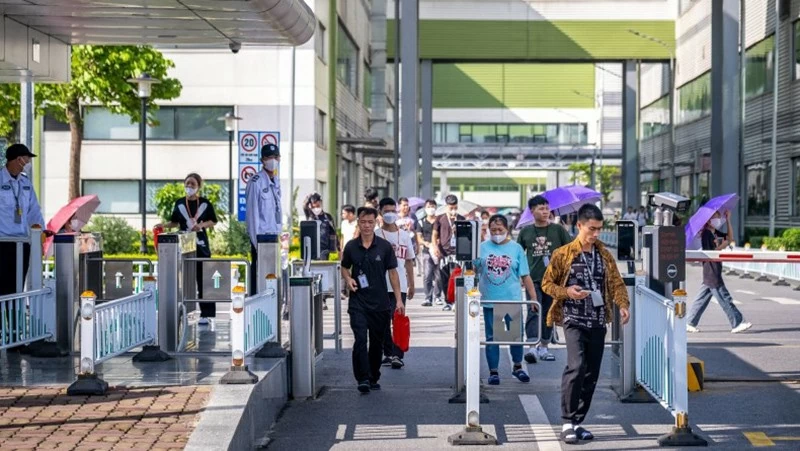 |
| Workers finish their shift at an Apple supplier in Bac Ninh. (Photo: Linh Pham/Bloomberg) |
There are many barriers
Dr. Nguyen Khac Giang commented that compared to other Southeast Asian countries, Vietnam's economic prospects are still bright. However, the country still faces a number of challenges not only domestically but also from external factors.
Currently, small and medium enterprises in Vietnam are struggling to improve their competitiveness with export manufacturers in international markets.
In addition, weather factors, climate change 0 such as the recent Typhoon Yagi - have also caused prices of essential goods such as food production to increase, which could lead to high inflation.
Mr. Sebastian Eckardt, Director of East Asia and Pacific Region at the World Bank, realized that in the future, Vietnam needs structural reforms.
This expert suggested: "Recently, the Vietnamese economy has benefited from the recovery of export demand. To maintain growth momentum not only in the rest of the year but also in the medium term, the Government should strengthen structural reforms, boost public investment, and at the same time carefully manage emerging financial risks."
Source: https://baoquocte.vn/cau-chuyen-thanh-cong-ve-kinh-te-cua-viet-nam-den-tu-dau-290280.html








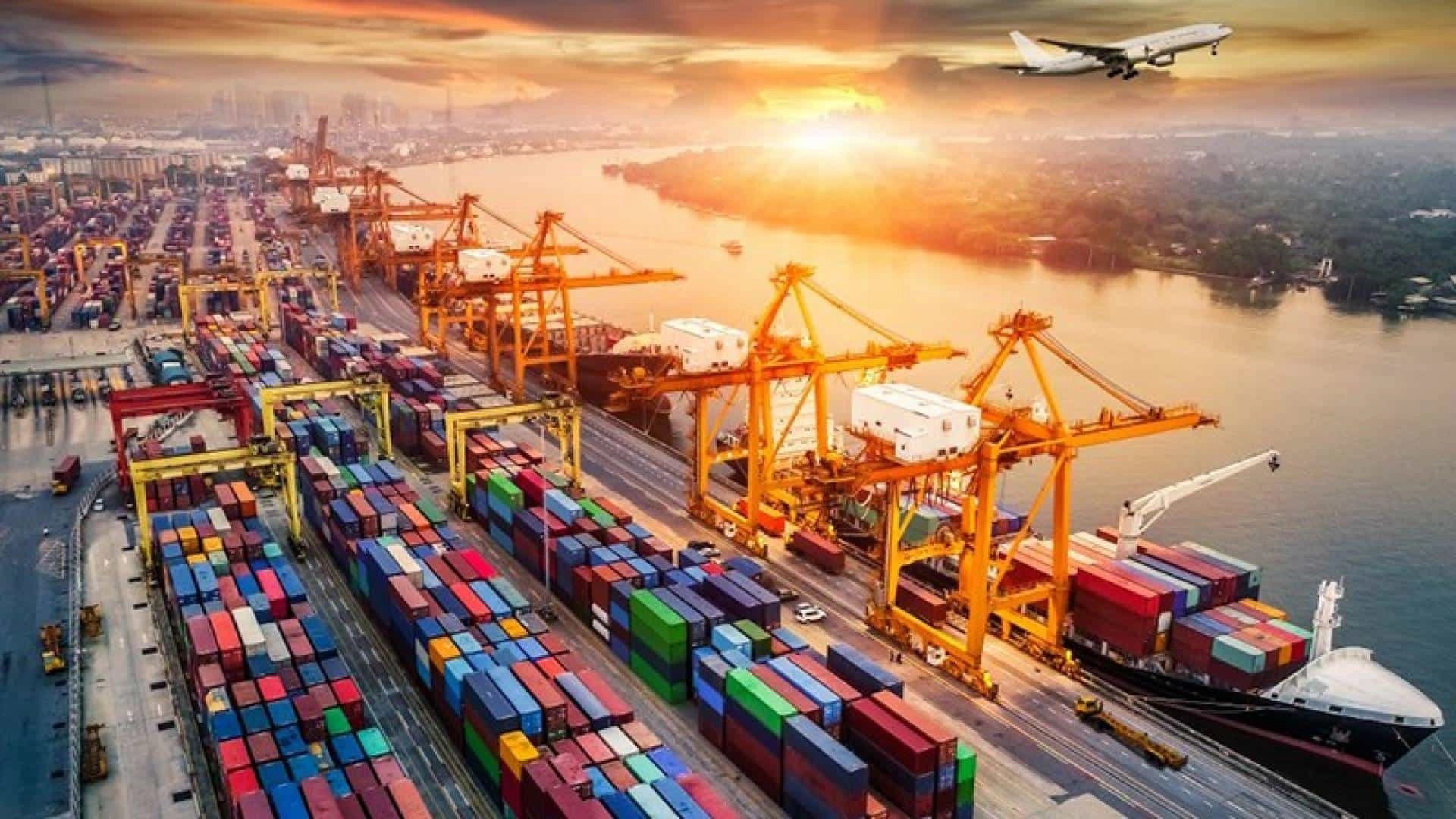

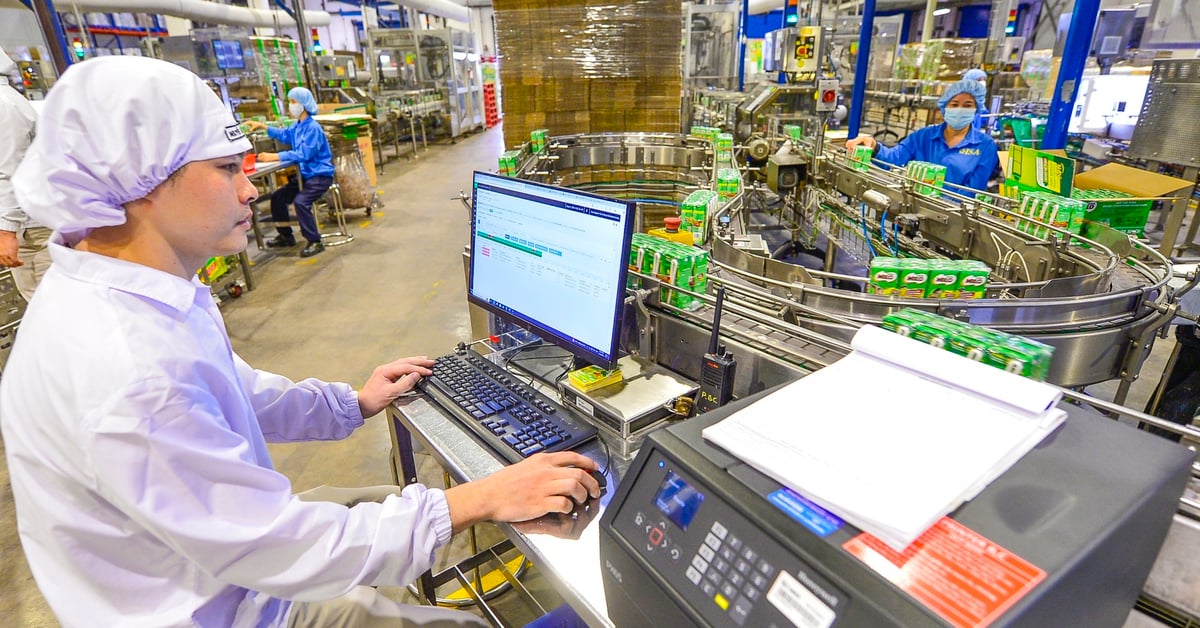





![[Photo] Prime Minister Pham Minh Chinh chairs Government Conference with localities on economic growth](https://vstatic.vietnam.vn/vietnam/resource/IMAGE/2025/2/21/f34583484f2643a2a2b72168a0d64baa)





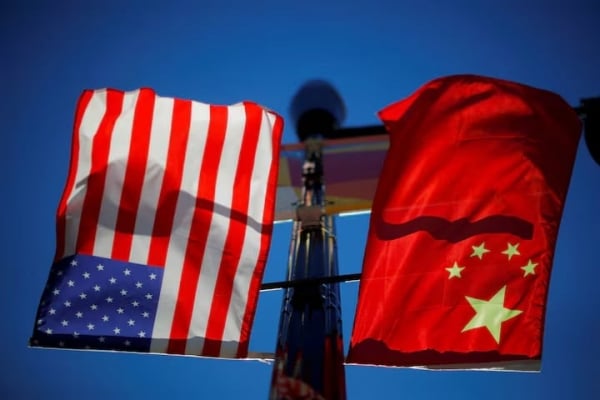













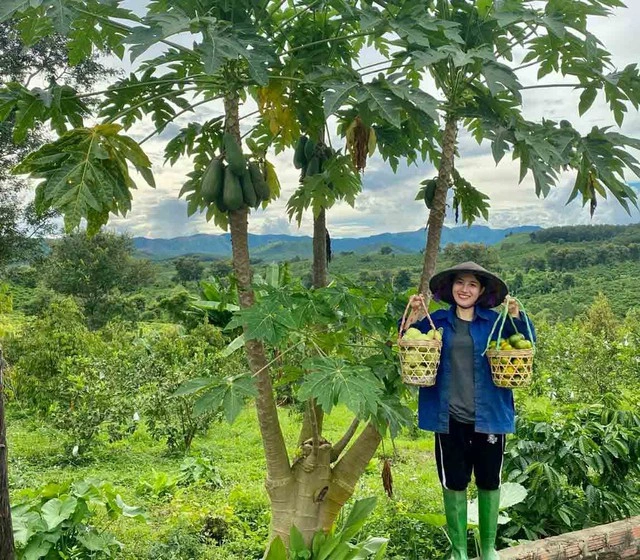




Comment (0)